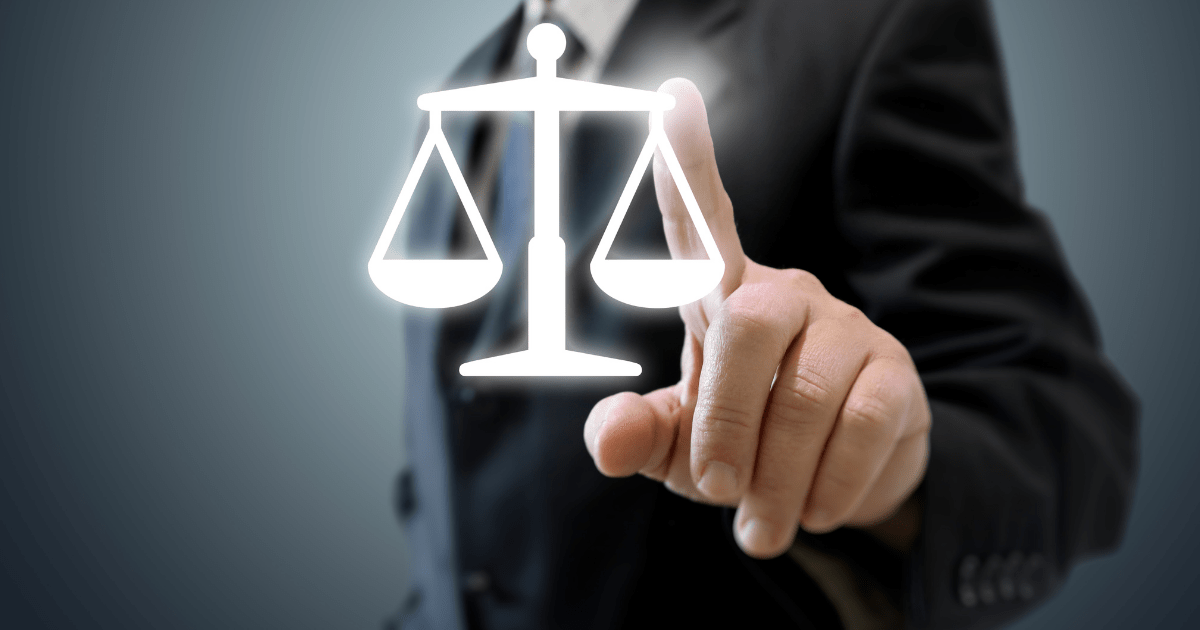
These defense lawyers select optimal jurors who are more sympathetic to the circumstances of their client. Lawyers well-versed in emerging forensic tech will contest questionable evidence and debunk “junk science” like bite mark analysis which lacks scientific validity in courtrooms.
Rise of legal tech and ai
The legal world itself is undergoing automation and enhanced productivity through legal technology (legal tech) and artificial intelligence (AI). Numerous legal tech solutions now assist lawyers with document drafting, legal research, billing, and case management. AI-driven tools can review piles of legal documents and help predict case outcomes. For criminal defense teams, integrating legal tech can save huge amounts of time and energy around administrative tasks – freeing them up to focus on higher-value aspects of case strategies. Virtual assistants, predictive coding, blockchain-based evidence vaults, and online dispute resolution offer advantages as well. However, oversight is crucial as AI cannot perfectly replace human legal expertise and judgment.
New out-of-court strategies
Plea bargains and settlements have always played a prominent role in resolving local fraud solicitors in London cases. Going forward we are likely to see more creative out-of-court strategies pushed by defense lawyers before trial for example, increased leveraging of alternative dispute resolution methods like arbitration, mediation, or informal settlements. Defense counsel weighs the merits of bypassing public court proceedings carefully for each client situation.
Enhanced focus on compliance and risk management
Criminal charges today often stem from non-violent financial and business-related crimes like corruption, fraud, insider trading, and money laundering. Compliance guidance is becoming paramount for lawyers to mitigate clients’ legal risks proactively. They will rely less on reactively contesting legal charges, and more on advising clients on staying compliant with laws and regulations governing their conduct and business activities. As scrutiny around crimes and policies tightens, we will see criminal defense practices become even more specialized with niche focuses on emerging subcategories. This includes areas like domestic violence, human trafficking, animal abuse, environmental crimes, Internet/cyber offenses, and financial crimes mentioned earlier. Specialized criminal lawyers and firms will be highly sought after and valued for their deep understanding of defending niche crime types.
Greater leveraging of social causes and activism
Some critics argue a lawyer’s duty is solely towards their client, and they should avoid symbolic social and political gestures. High-profile cases around issues like police brutality give lawyers opportunities to highlight broader societal inequality, discrimination, and abuse of power. Activism-oriented lawyers look to set influential legal precedents via their cases to advance social progress, even if it compromises the chances of acquittal. However, this risks lawyers pushing agendas without enough client consent. Defense counsel will need to toe this line carefully and determine how much activism suits each unique case context.
Greater transparency and public education
The inner workings of criminal defense are still quite opaque to those outside the legal field. Public perception of lawyers is also marred by popular media depictions of unethical, sleazy behaviour. Some even live tweet hearings or host podcasts analysing their ongoing cases.







